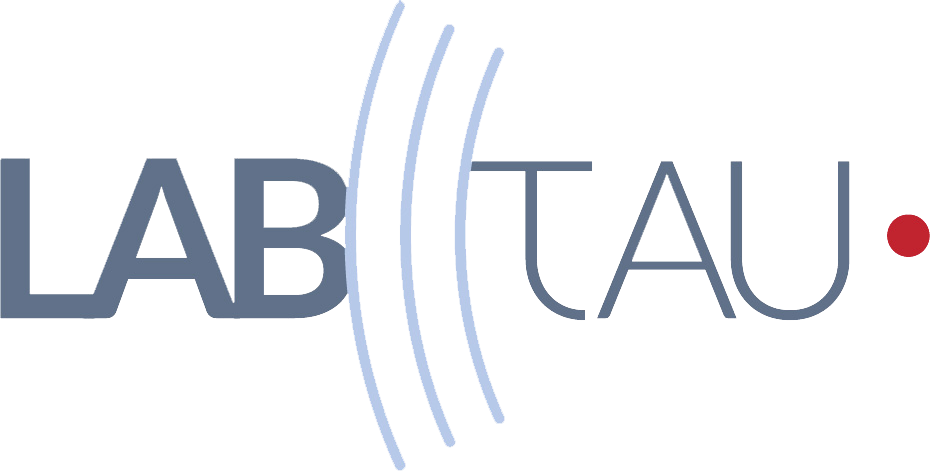Thesis defenses: Focused ultrasound and the potentiation of anti-cancer treatments: chemotherapy agents and immunotherapies
Author: Cécile Fant
Time: 14H00
Language: French
Place: Visioconference (need to send a request to participate at the visio with the button below the abstact)
Abstract:
Cancer is recognized as one of today's major international health issues. Among recent advances, the rise of immunotherapies has profoundly changed the therapeutic approach. However, a sometimes partial response to treatment, the rate of recurrence or the high toxicity of certain anti-cancer agents such as radiotherapy or chemotherapy are all elements limiting the complete cure of patients. Surpassing these toxicities or improving their effectiveness are therefore crucial clinical needs. Therapeutic focused ultrasound is currently used through its thermal ablation effect to treat different types of cancer. However, its wide range of possible biological effects at the organism, tissue, cellular or molecular level, as well as its low side effects, make it a preferred modality for combination with other anti-cancer treatments to overcome their limitations. In particular, the potentiation of chemotherapy agents by focused ultrasound is an active research topic. In recent years, the study of the combination of focused ultrasound with immunotherapies has also been in full boom. In this thesis, we have studied the effect of cavitational focused ultrasound in combination with a chemotherapy agent, doxorubicin, or immunotherapies, anti-PD-1 anti-CTLA-4. A synergistic in vitro effect of the combination of ultrasound and doxorubicin was demonstrated in a mouse breast tumor model. After investigation of the underlying mechanisms, we demonstrated an additive effect of this combination on the induction of DNA double-strand breaks. This induction of DNA damage seems to occur through the release of calcium into the extracellular medium. We also studied the impact of a combination of cavitational ultrasound and immunotherapy in different in vivo mouse tumor models with partial sensitivities to different immunotherapies. After demonstrating a synergy of the combination on the control of tumor growth and the increase of overall survival in these preclinical models, an exploration of the underlying immune mechanisms was performed, highlighting the involvement of the adaptive immune system via CD8+ T lymphocytes and the increased activation of dendritic cells within the tumor environment.





